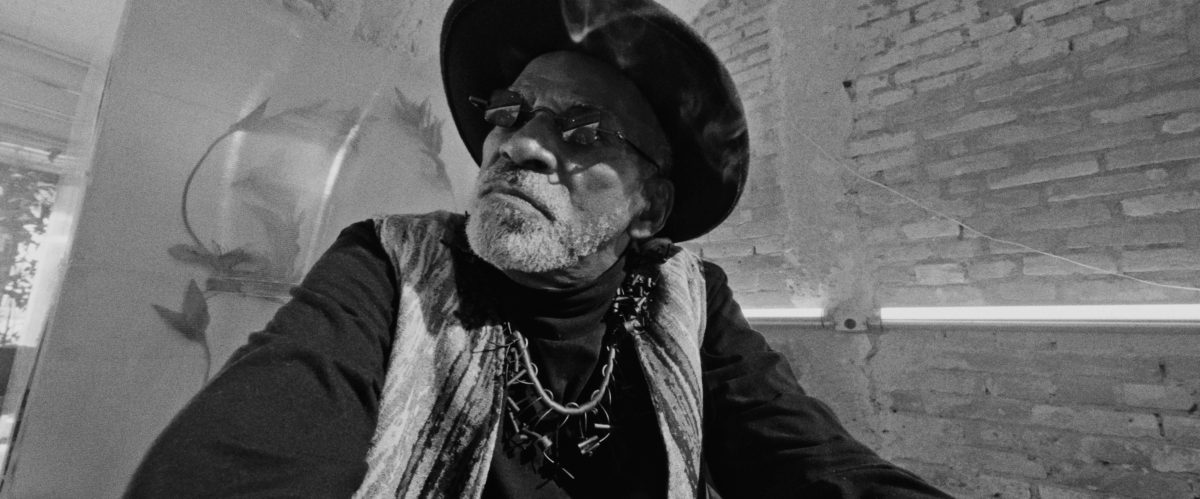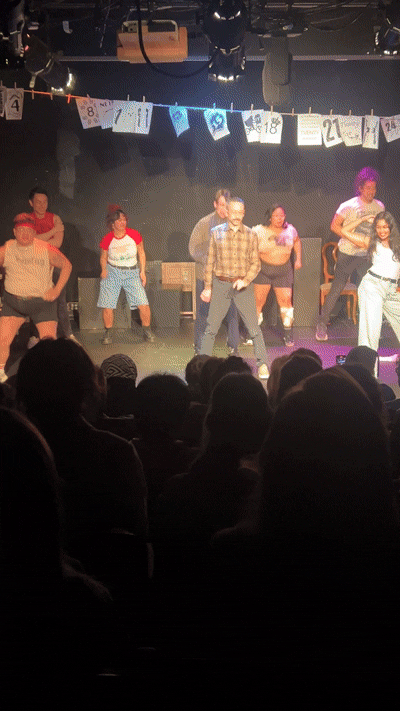Graphic courtesy of Mashable
Uber was outed Tuesday for trying to pay off an Atlanta, Georgia driver to stay silent after being carjacked on the job. The $1,000 hush money offer would have been the equivalent of his insurance deductible, but the “offer” came five months after the incident and with the condition he signed a nondisclosure agreement. The 71-year-old man told them to keep their money.
The Markup, a big tech watchdog outlet, highlighted David Morrow’s harrowing experience Tuesday, which entailed having a handgun put to the back of his head as a second man stood by with an assault rifle. The two men stole his 2021 Honda Accord, a $900 cell phone, prescription sunglasses worth $800 and took off with his house keys. The carjacking happened in February, but Uber waited until late July to dangle the $1,000 payment. Morrow had already paid the deductible, which especially hurt since he was unable to work for more than a week without a car to drive.
It wasn’t until The Markup ran another July 22 story on the alarming carjacking rate of rideshare drivers that Uber decided to ‘step up,’ finally offering Morrow the cash the next day. But he rejected the deal, telling The Markup:
“I would be signing all my rights away. … I would have no recourse.”
And that is exactly the point behind those payments. By taking the money, drivers are limited to only saying, “The matter was resolved,” and they are prohibited from joining any future class-action lawsuits. Companies would like to keep it under the rug that gig drivers are often victims of assault and carjackings. The Markup in July confirmed that 124 ride-hail and delivery drivers had been carjacked over the past year and a half, with the vast majority working for Uber and Lyft.
The Worker Agency, speaking on behalf of Shona Clarkson with Gig Workers Rising, sent us the following statement Tuesday morning:
“Because of Uber’s business model, when drivers accept a ride they are forced to assume all risk – they have no guarantee of safety, no idea if the person they collect will assault them, murder them, rob their car. When something bad inevitably does happen, Uber shirks responsibility leaving drivers and their families on their own to deal with the consequences. We know that Uber tries to cover their tracks by paying off drivers and driver families so that they can avoid a needed reckoning with how dangerous and violent this job can be. Corporations must be held responsible for keeping their workers safe at work, and when something bad does happen, providing safety nets and benefits to make workers and their families whole again. Uber is a multi-billion dollar company – they can afford it.”
Drivers often resort to GoFundMe campaigns to pay for damages, property loss and hospital bills. When the worst-case scenario plays out and drivers are killed, families of the victims typically end up having to fundraise to help pay for funeral expenses.
The extent of payments issued to drivers with NDAs attached is unclear. The Markup asked both Lyft and Uber to disclose the number of drivers who have signed NDAs; neither company responded to the request.
The post Uber Offers Driver Hush Money After Carjacking appeared first on Broke-Ass Stuart's Website.





